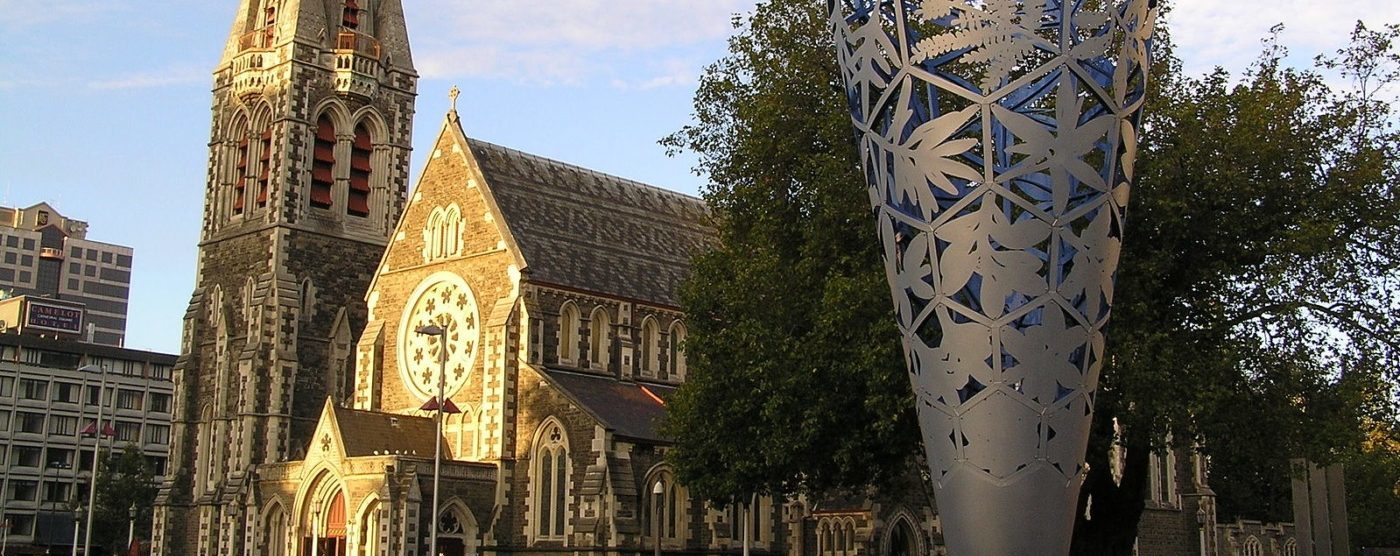We have become too quick to politicise human tragedies
Haji-Douad Nabi was a 71-year-old Afghan man. Forty years ago, he fled Soviet invasion and sought asylum in New Zealand, where he devoted much of his life to helping other refugees feel welcomed. He was a father, grandfather, and the first victim to be identified in aftermath of the Christchurch massacre. His evocative final words, spoken to his alleged killer, Brenton Tarrant, were: “Hello brother”.
Ansi Alibava, 25, was also murdered. She had recently moved to New Zealand from India to start a life with her husband. Three weeks before her death, she had finished a master’s degree in agribusiness management. She dreamed of a successful career, hoping that one day she would return to India. These dreams are lost.
Sayyad Milne was 14. His father said, “I remember him as my baby who I nearly lost when he was born. Such a struggle he’s had throughout all his life. He’s been unfairly treated, but he’s risen above that and he’s very brave. A brave little soldier. It’s so hard … to see him just gunned down by someone who didn’t care about anyone or anything”.
But, in the immediate aftermath, political parties should not resort to attacking each other. Instead, we should unite in support of the victims and their families. Love can be so much more powerful than hate
These are just three of the 50 victims of the Christchurch terror attack. I could go on. Each and every one of the 50 lost has a story to tell. They’ve faced struggles, they had hopes for the future, they had families. They were people.
To use their deaths to enhance a political agenda is abhorrent. We shouldn’t be politicising tragedy – not immediately. I do believe that it is important to analyse such painful events from a political perspective; it is only through this that we can challenge the divisive social climate. But, in the immediate aftermath, political parties should not resort to attacking each other. Instead, we should unite in support of the victims and their families. Love can be so much more powerful than hate.
Terrorist attacks are a consequence of polarisation. There is so much hatred bubbling away beneath the surfaces of communities. You might argue that it’s already boiled over the edge. Such hatred is sometimes racialised, sometimes xenophobic, sometimes politicised. Ultimately, it’s all hatred. As long as society remains divided, and people continue to close themselves off to others’ lives and different opinions, hatred will continue to brew.
Rather than segregating ourselves from others, we should use university as an opportunity to expose ourselves to different people, and different opinions
Before her sickening murder in 2016, the MP Jo Cox said something that has shaped her legacy: “We are far more united and have far more in common with each other than things that divide us.” These words hold more power than she could ever have realised. We might not share the same politics, and we might be from different backgrounds, but we all have something in common.
As students, we’re going through our own anxieties. Each and every one of us has had a different upbringing, and we’re based all over the world. We all have our own individual views, some of which will be more extreme than others, but, rather than segregating ourselves from others, we should use university as an opportunity to expose ourselves to different people, and different opinions. Let’s celebrate our diversity.
They are people. They are people whose lives were needlessly lost to hatred. They are not pawns to be used in a political game.
Farid Ahmed, whose wife was killed in the attack, gave a powerful statement of forgiveness towards the killer: “The bottom line is, he is a brother of mine. I have forgiven him and I am sure if my wife was alive, she would have done the same thing. I hold no grudge. I wish I could give him a hug.”
Now more than ever, we need to celebrate unity. Politics can come later. We need to forget our differences and stand in solidarity for the sake of the victims of the Christchurch massacre. They are people. They are people whose lives were needlessly lost to hatred. They are not pawns to be used in a political game.
Douad Nabi’s powerful last words were filled with love. Faced with hatred, he showed nothing but kindness and warmth. His last act on earth was to teach us a lesson. We should not tear each other down, or respond to hatred with slander, but turn to one another and say, “Hello brother”.

Comments